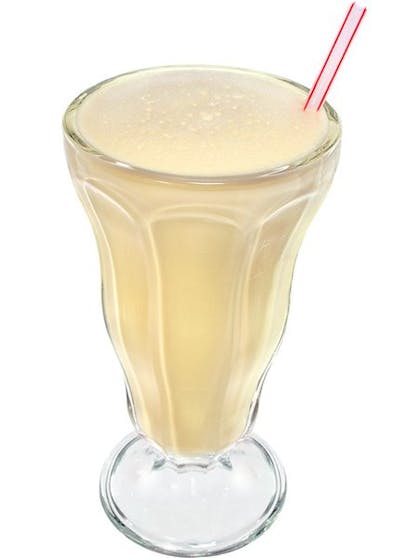A calorie is not a calorie
A calorie is not a calorie. There are plenty of studies demonstrating how different kinds of food affect us in different ways – despite having the same number of calories.
Recently another interesting study was published. The participants were served milkshakes that were identical in every way, except how rapidly digested the carbs were.
The milkshakes with rapidly digested carbs quickly resulted in a higher blood sugar. But after 4 hours the blood sugar was lower and the participants were hungrier. They also had increased activity in brain regions connected to cravings for food.
In other words: fast carbs makes you hungrier, increases cravings and makes you want to eat more food.
The findings are yet another reason why a calorie is not a calorie. Another reason why the weight advice to “just eat fewer calories” rarely works long term. Soon the only true believers will be found at the marketing department of Coca Cola.
